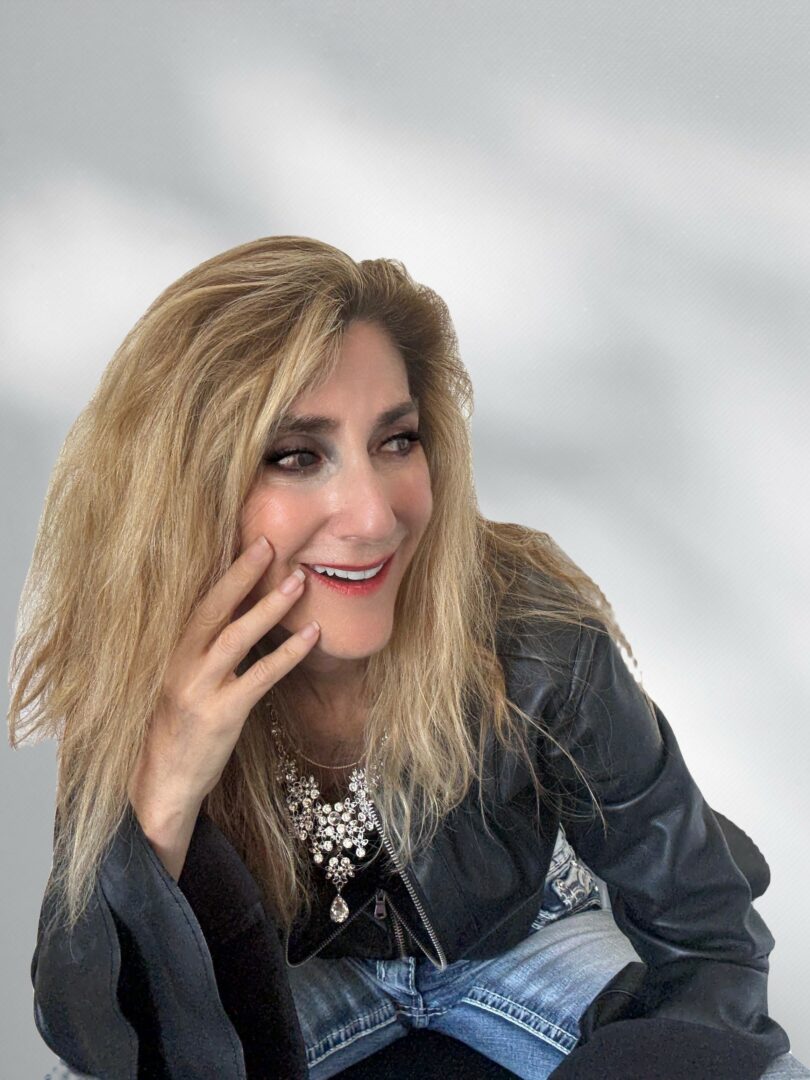We recently had the chance to connect with Kerrie Droban and have shared our conversation below.
Kerrie, it’s always a pleasure to learn from you and your journey. Let’s start with a bit of a warmup: What’s more important to you—intelligence, energy, or integrity?
If I had to choose, I’d say integrity—hands down. Intelligence without integrity can be manipulative, and energy without integrity can be dangerous. In my work as a true crime author and host of Crime Stands Still, I’ve spent years unpacking the darkest corners of the human psyche, interviewing survivors, investigating cases, and confronting those who weaponize charm and intelligence to deceive. That experience, along with my latest book Surviving a Psychopath: In Court. In Life. In “Love”, has shown me that integrity isn’t just a virtue—it’s a survival skill. It’s what separates a trusted ally from a predator in disguise. In a world saturated with noise and manipulation, integrity is the rarest form of clarity.
Can you briefly introduce yourself and share what makes you or your brand unique?
I’m Kerrie Droban—an attorney, true crime author, and the host of the podcast Crime Stands Still. My work lives at the intersection of law, psychology, and storytelling. I’ve spent my career navigating criminal minds —first as a capital defense attorney and now as a writer and journalist, uncovering the origin stories of some of the country’s most notorious criminals. The podcast blends legal insight with psychological horror. With appearances on A&E, 20/20, Oxygen, Vice, Investigation ID, CNN, and more, I expose the terrifying ways people “love” –and kill each other.
What makes my brand unique is that I don’t just report the crime—I interrogate the “why.”
My latest book, Surviving a Psychopath: In Court. In Life. In “Love”, is a survival guide for those entangled with coercive control and psychological abuse. It blends true crime, memoir, and forensic insight with a foreword by Katherine Ramsland to explore how predators operate and how survivors can take back their power. Whether through the courtroom or the podcast mic, my mission is always the same: to expose the unseen and give voice to those who’ve been silenced.
Appreciate your sharing that. Let’s talk about your life, growing up and some of topics and learnings around that. What’s a moment that really shaped how you see the world?
One moment that profoundly changed how I see the world happened inside a maximum-security jail on a Sunday. Hardly any lawyers were there that day, but I’d gone to visit a client charged with murder. The place was on lockdown—an inmate had become violent. They’d strapped him to a wheelchair, wrapped his head in a spit hood. He looked like Hannibal Lecter.
I remember the sound of those steel doors closing behind me, the unsettling silence that followed. I was shut in, alone with my client. And for a moment, I worried I might be forgotten in the chaos.
So I did what I knew—I started “working the case.” I asked him about the victim, the one he’d allegedly dismembered and dumped in Roosevelt Lake.
He looked at me—completely still, unreadable—and said, “Which one?”
That sentence changed everything for me. A chill went through me that had nothing to do with the cold air in the room. In that moment, I realized: his confession would die with me. I had become the sole keeper of a terrible truth. And he knew it. He knew those nameless victims would stay forever drowned because I couldn’t tell anyone.
I walked out of that jail changed. I no longer wanted to just be a vault for dark secrets. I wanted to use my voice, my platform, my work—to help people feel seen, heard, and empowered. That’s why I created Crime Stands Still. That’s why I wrote Surviving a Psychopath. Because there’s a heavy cost to knowing dark things—and I’ve chosen to turn that weight into something that gives others strength.
What fear has held you back the most in your life?
The fear that’s held me back the most in life is speaking my own truth. I’ve always felt comfortable writing other people’s stories, standing in their shoes, channeling their voices. I can dissect the minds of killers, expose predators, even sit across from psychopaths and extract confessions—but when it comes to sharing my story, I freeze.
There’s something terrifying about being seen. Not as a storyteller or an expert, but as a human—flawed, raw, and real. I know the kind of courage it takes to walk into the lava, to expose the darkness and come out the other side. And yet, turning that lens inward has always felt too vulnerable, too dangerous.
But I also know how powerful it is. Memoir is not just confession—it’s connection. It’s a lifeline. When we tell the truth about our pain, our past, our survival, we make it possible for someone else to breathe again. That’s what I’ve learned through Surviving a Psychopath, through my podcast Crime Stands Still, and through the brave voices I’ve had the honor to amplify.
Memoir isn’t about self-indulgence—it’s about service. It’s about educating, enlightening, empowering. It’s about reaching that one person who might read your words and realize they’re not alone. That, to me, is worth the fear.
So a lot of these questions go deep, but if you are open to it, we’ve got a few more questions that we’d love to get your take on. Is the public version of you the real you?
Is the public version of me the real me? Yes—and no. The public version of me is polished, refined, and composed. As a lawyer, expert consultant, author, and speaker, I’ve had to project a certain authority, a certain edge. That version of me can stand in a courtroom, walk into a prison, or dissect the mind of a killer on air without flinching. She’s battle-tested. She gets things done. And she’s very real.
But there’s another side of me—one most people never see. The side that curls up with my dog and cries during romantic comedies. The side that can lose hours writing poetry or reading old books on mythology and symbology, looking for signs. I studied poetry for years before I ever wrote true crime. And I don’t watch or write about crime for “fun.” I do it because I believe storytelling can be a form of justice—because someone has to make sense of the chaos.
The truest version of me is the one that lives in both worlds—the strong and the soft, the public and the private. The woman who fiercely loves her children, who finds solace in reruns of I Love Lucy and Fawlty Towers, and who still believes, despite everything she’s seen, in the quiet power of truth.
Okay, so let’s keep going with one more question that means a lot to us: What do you understand deeply that most people don’t?
What do I understand deeply that most people don’t? I understand the complexity of the human condition—the psychological dark matter that drives people to do what they do, especially when it defies logic or conscience. I’ve always been fascinated by that space between intention and action, the hidden motives, the buried wounds, the masks people wear to survive.
People aren’t just good or bad. They’re layered. Messy. Three-dimensional. And I’ve always had this uncanny ability to see them—not just who they present to the world, but who they really are beneath the surface. It’s what’s made me a strong lawyer, a true crime author, and an empathetic storyteller on my podcast Crime Stands Still. It’s also what made writing Surviving a Psychopath: In Court. In Life. In “Love” such a personal and necessary experience—because sometimes understanding darkness is the only way to walk others through it.
Most people want simple answers. I’ve learned to live in the gray. That’s where the truth usually lives.
Contact Info:
- Website: https://www.kerriedroban.com
- Instagram: https://www.instagram.com/kerrie_droban/
- Linkedin: https://www.linkedin.com/in/kerrie-droban/
- Facebook: https://www.facebook.com/KerrieDroban
- Youtube: https://www.youtube.com/@crimestandsstill-kerriedroban
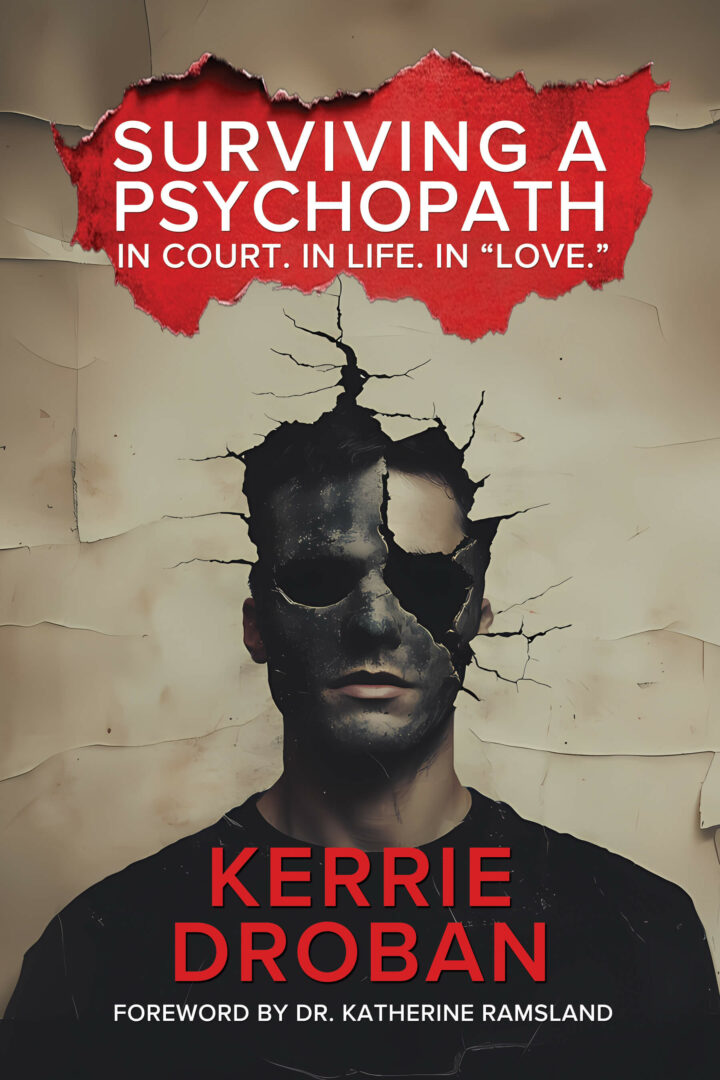
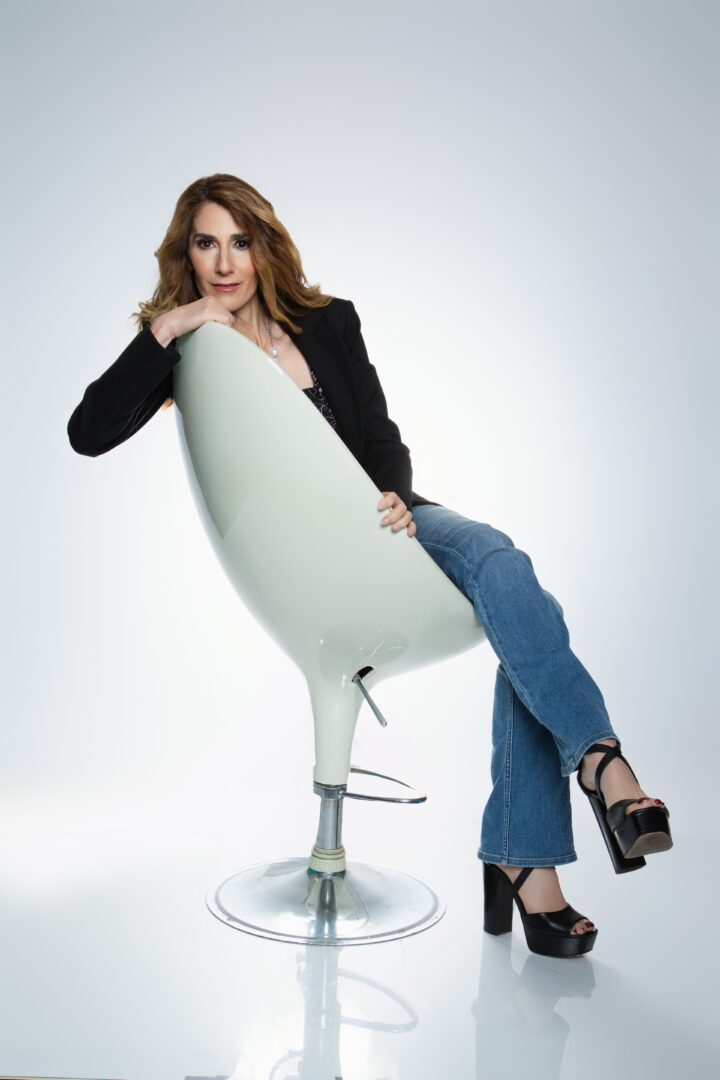
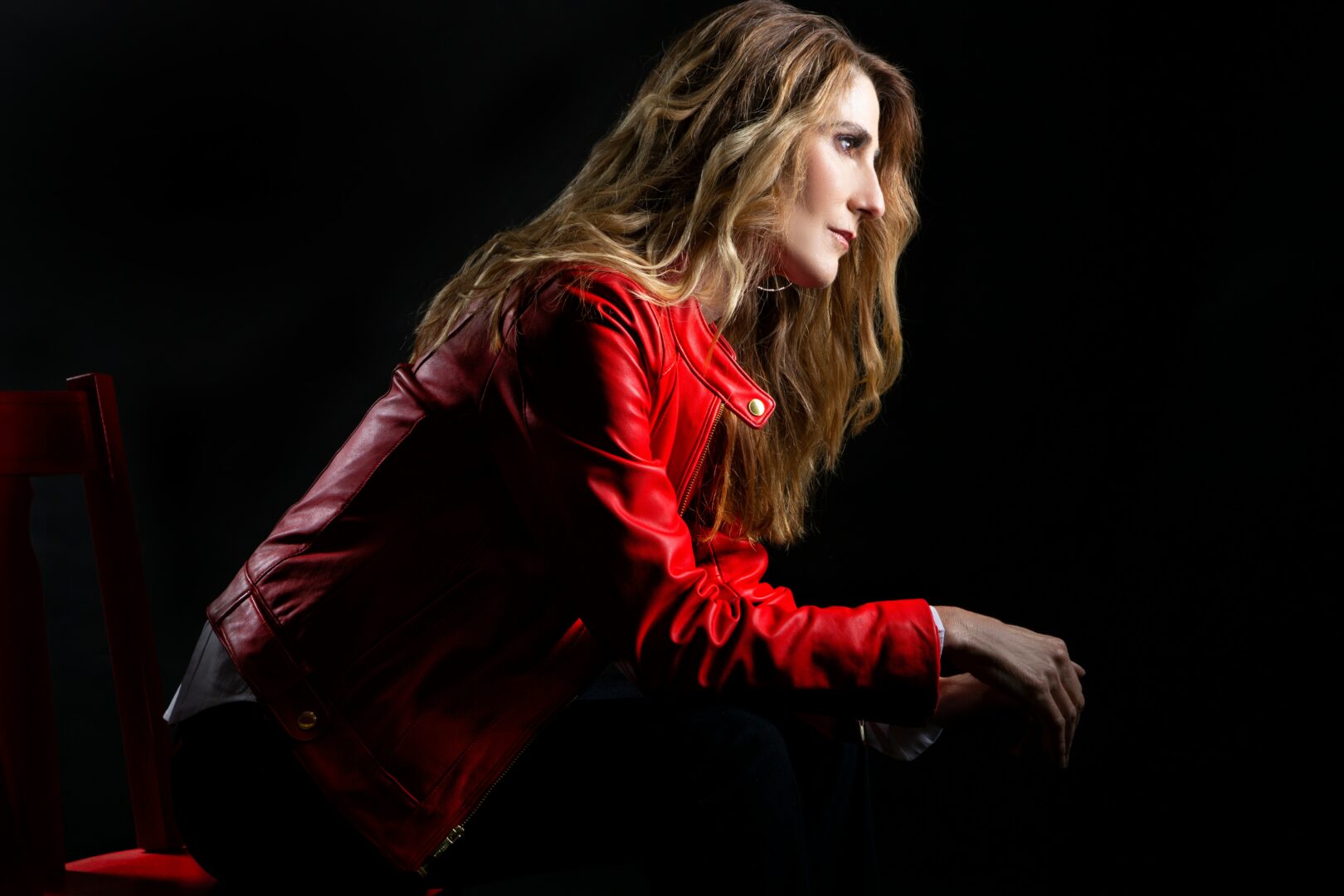
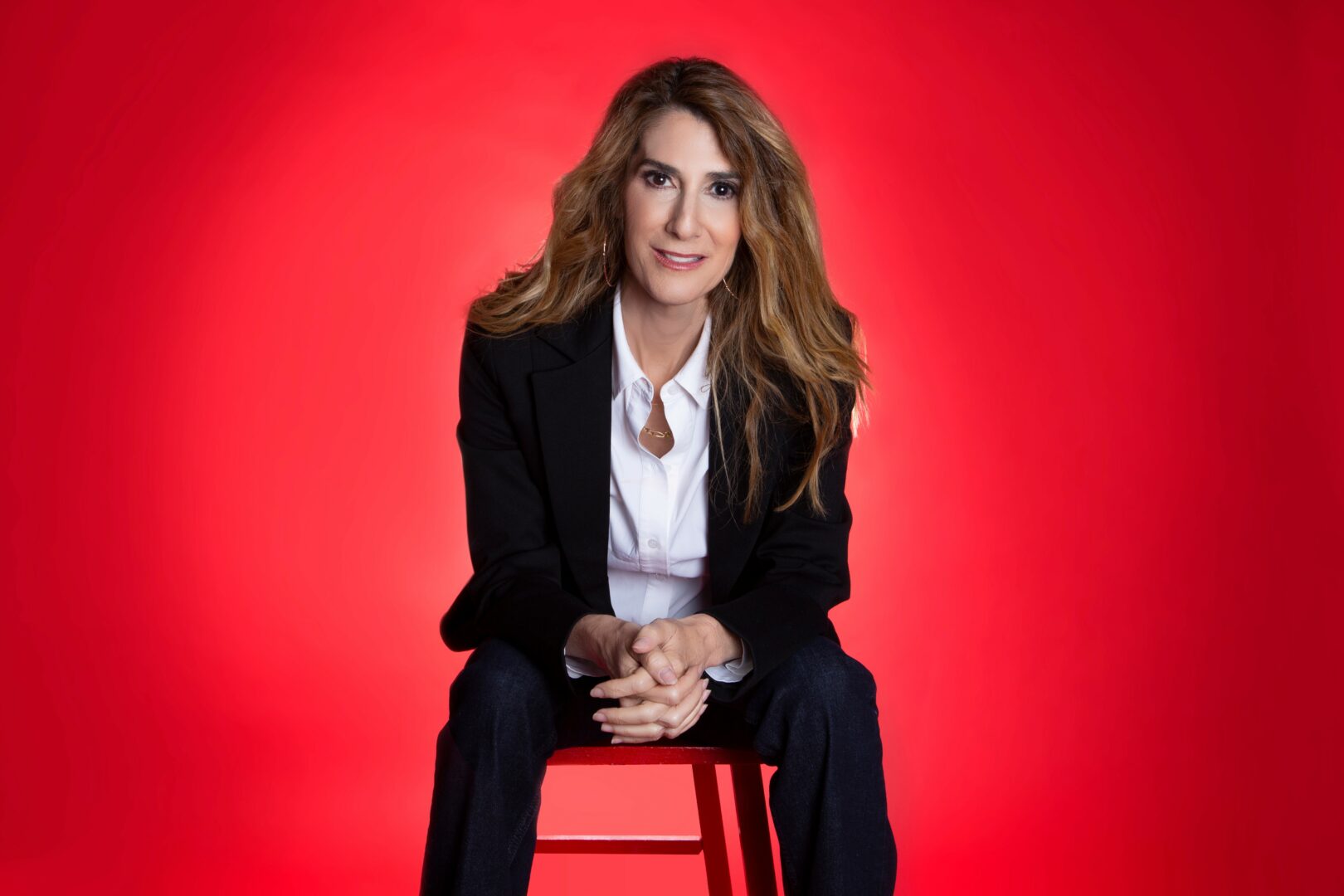
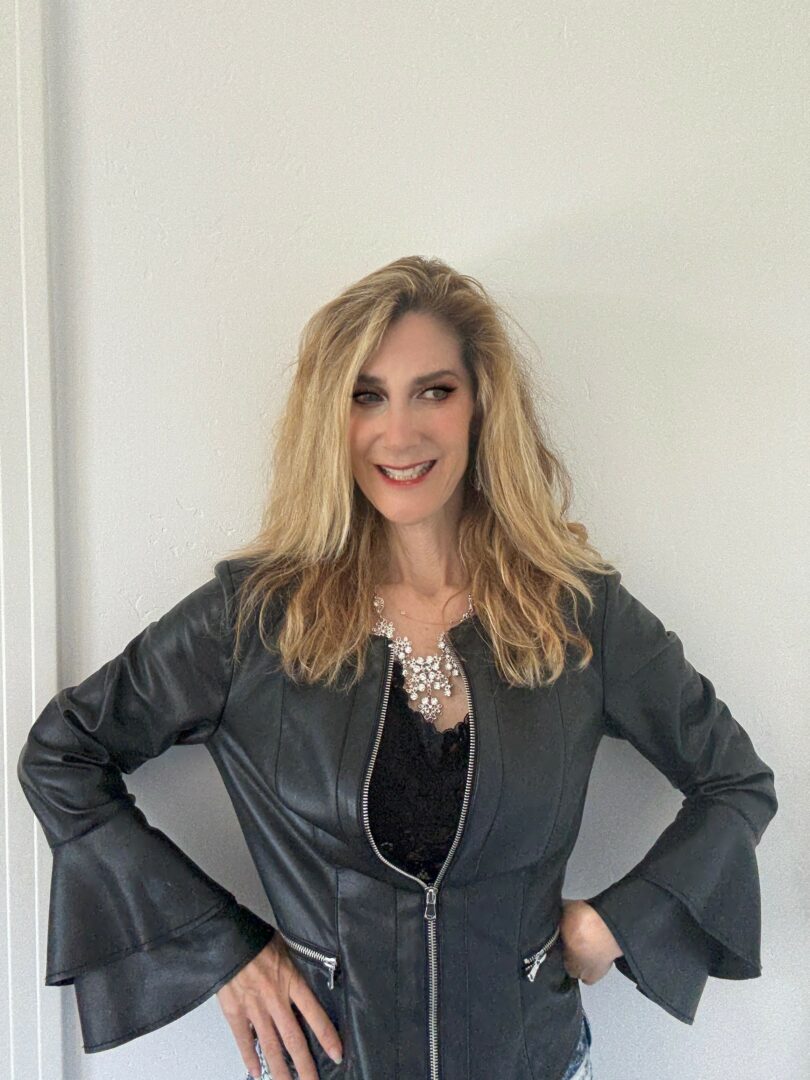
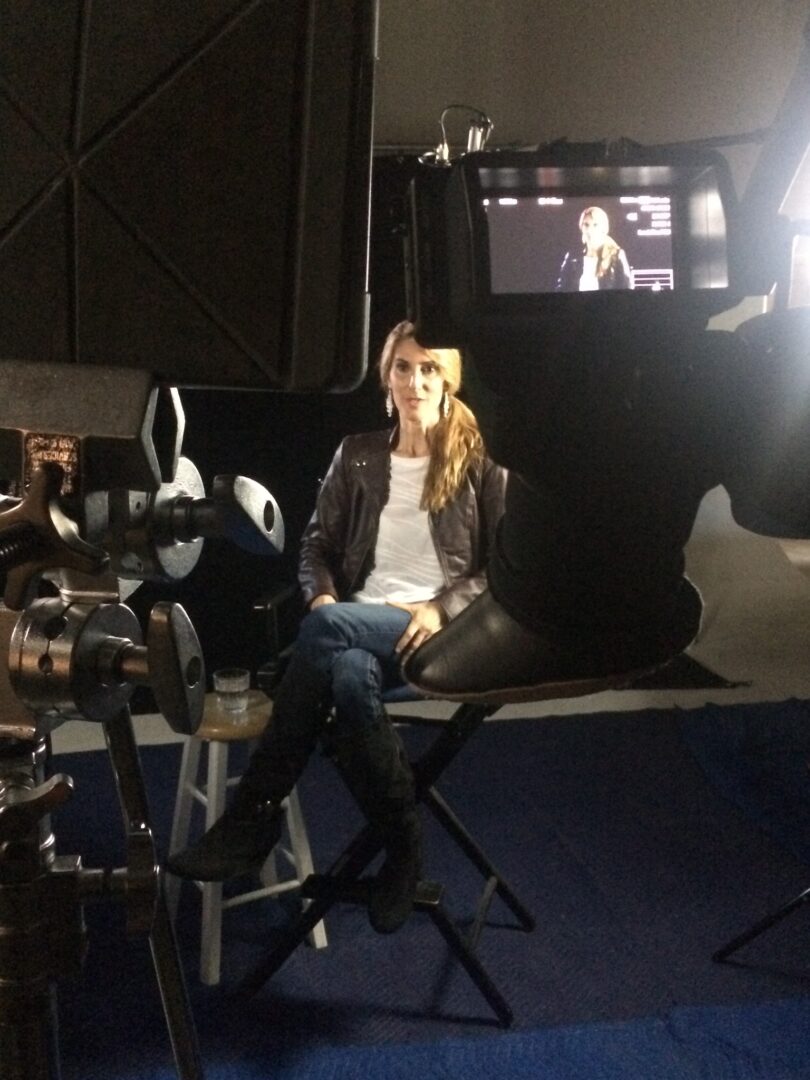
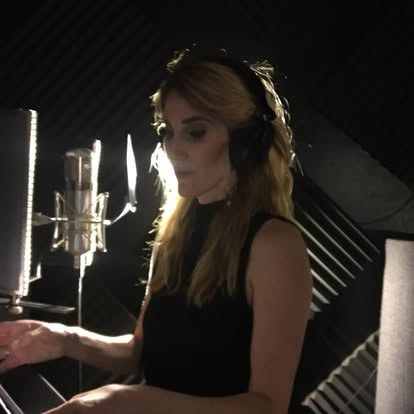
Image Credits
The Factory Photography by Goldy Locks
so if you or someone you know deserves recognition please let us know here.

